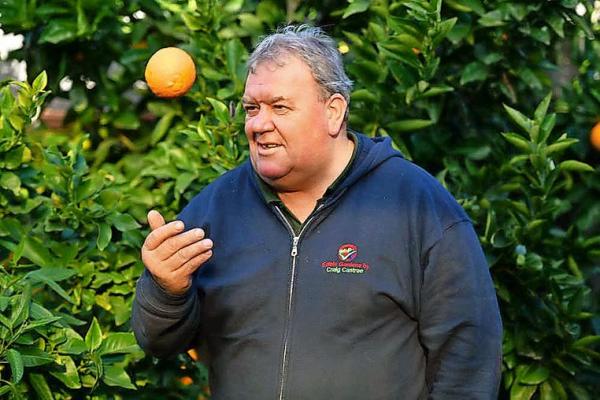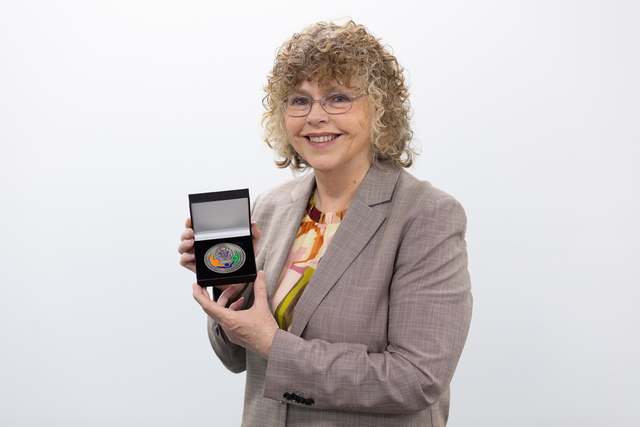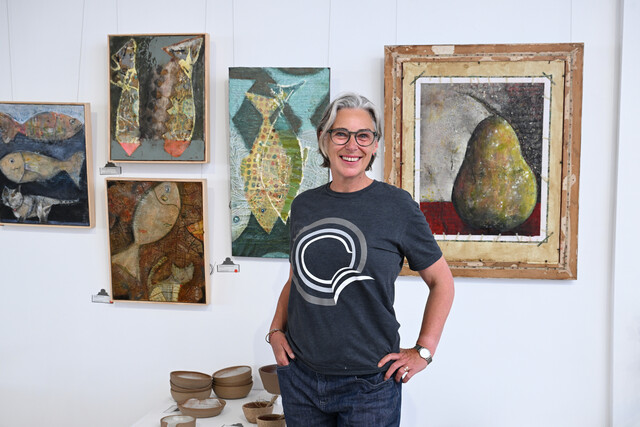Werribee horticulturist Craig Castree is calling on the state government to introduce a star-rating system for sustainable gardens at residential properties, similar to the energy rating given to houses.
Mr Castree has proposed the idea in a submission to the Victorian Parliament’s Inquiry into the state’s declining ecosystem, which is due to table a report after April 30.
Mr Castree, who operates a business teaching people to become self-sufficient on an urban block of land, also teaches horticulture at Gordon TAFE and is president of the Werribee Park Heritage Orchard.
In his submission, Mr Castree writes that he is “extremely concerned about the state of the environment, especially ecosystem decline, and many aspects of our modern Australian culture and way of life that contribute to this decline”.
“Houses in these new estates are being built intensely close together maximising both house size and the subdivision of land which means that houses, with minimal spaces in between, stay warmer for longer whilst the sun is out,” his submission reads.
“In most new estates, houses are not shaded by trees or a tree canopy, so they are hit by the full heat of the sun, turning the house beneath into an oven.”
Mr Castree also writes that “poor garden design is commonplace” in new estates, such as the use of artificial turf and river stones, which are not conducive to the survival of birds and animals.
He goes on to say that much like a house has to have specific items, materials and systems in place to gain a high energy rating under National Construction Code, gardens should be subject to a star-rating system which promotes sustainable garden design.
He states an example of a high-ranking garden would be a yard with edible and indigenous plants, biodegradable mulch, natural ground covers and enough trees to form a canopy.
“If implemented well, likely outcomes would be cooler estates, reducing the impact on climate change; more habitat for animals; preservation of indigenous species that are frequently endangered; a healthier and happier community that knows each other and cares about nature,” his submission states.







